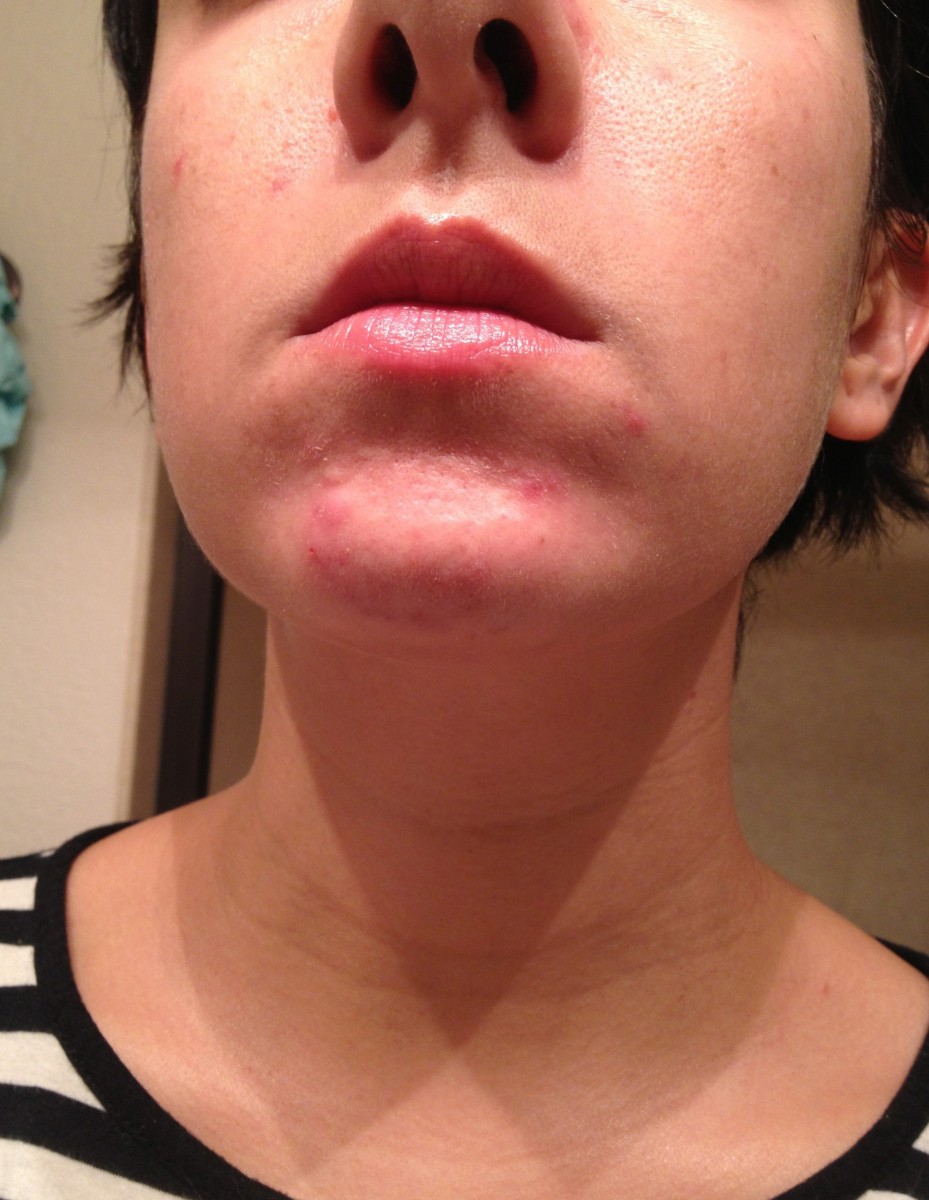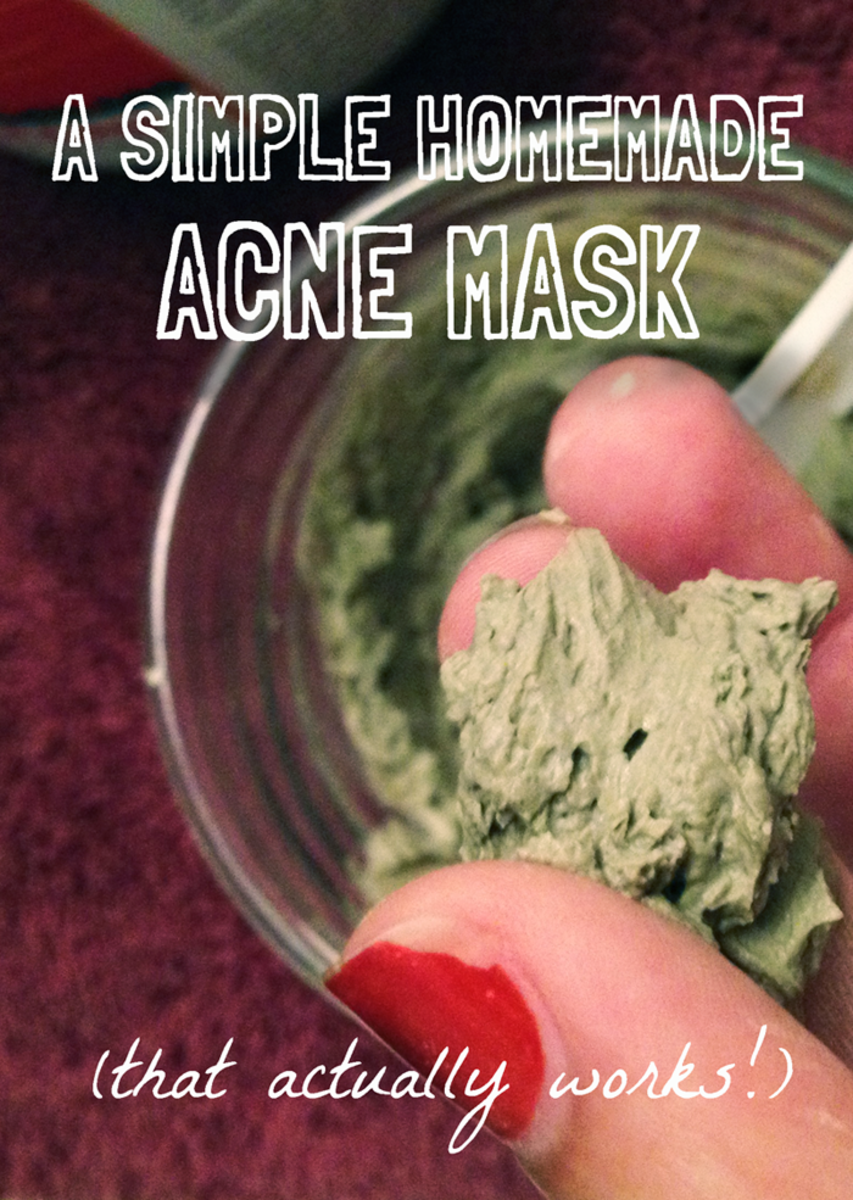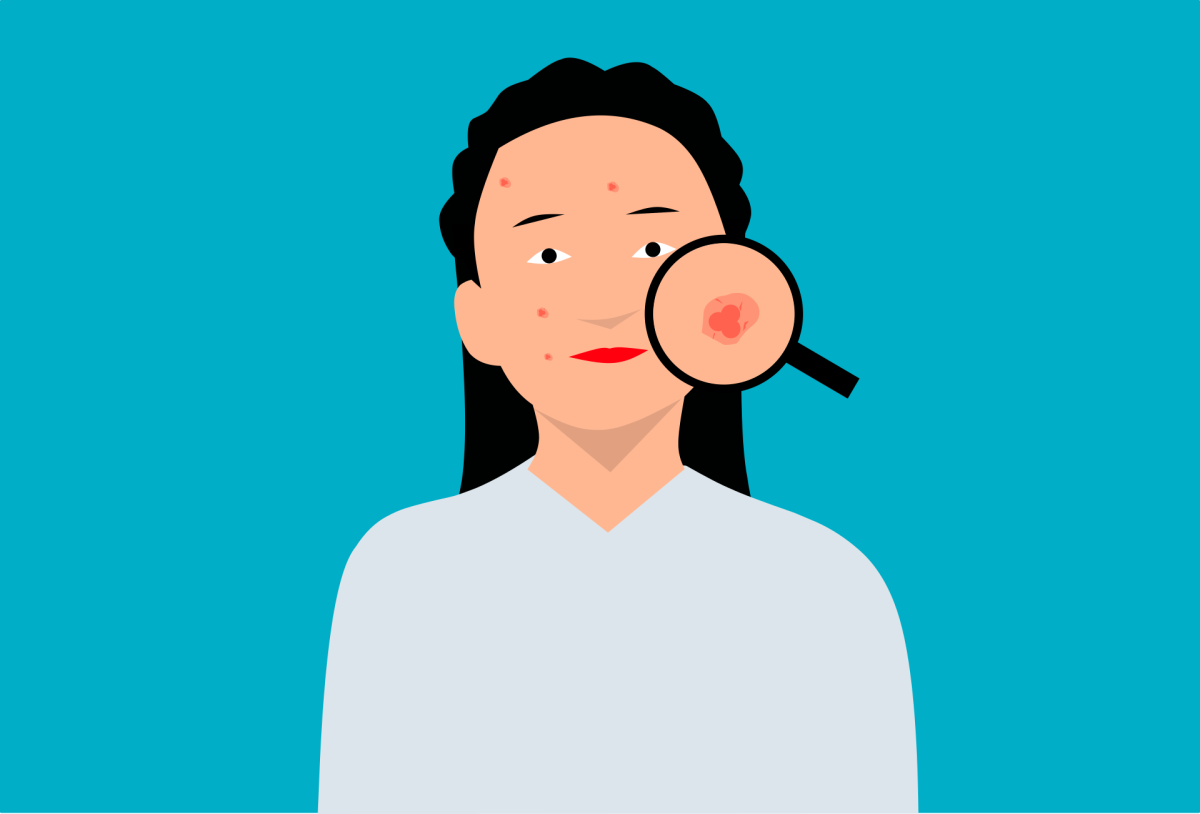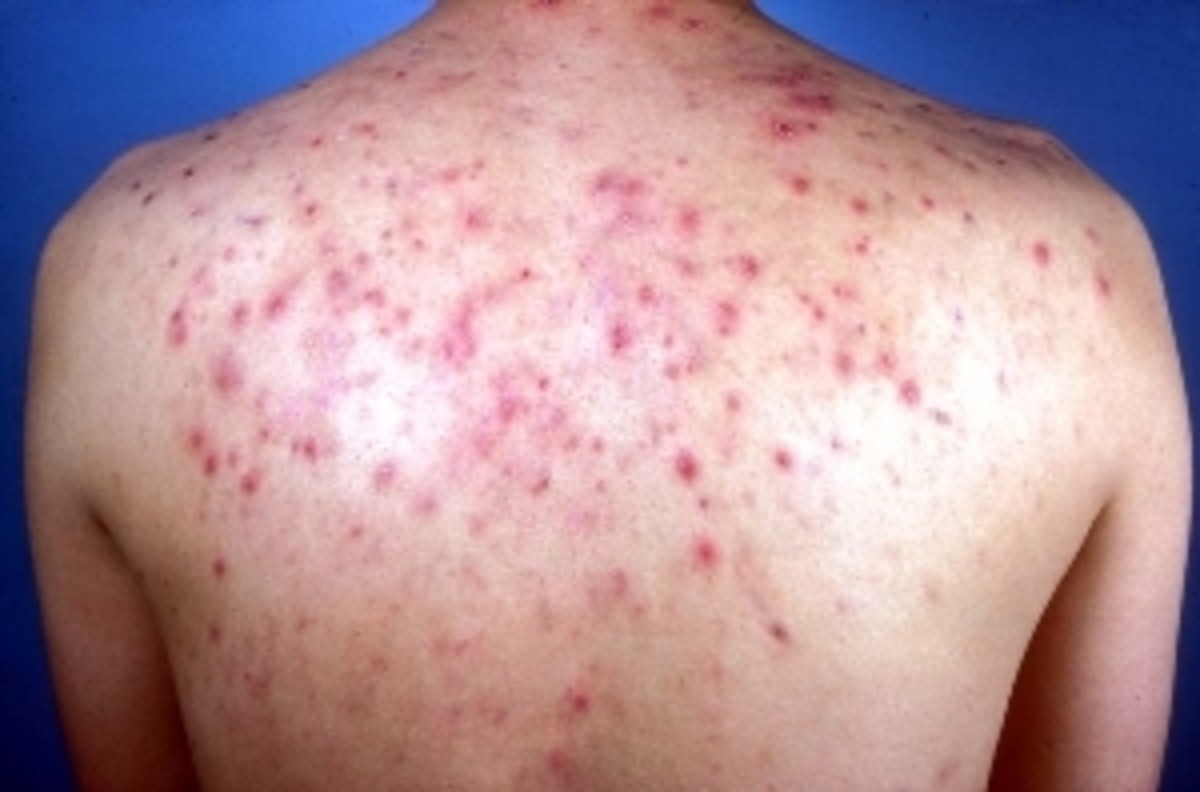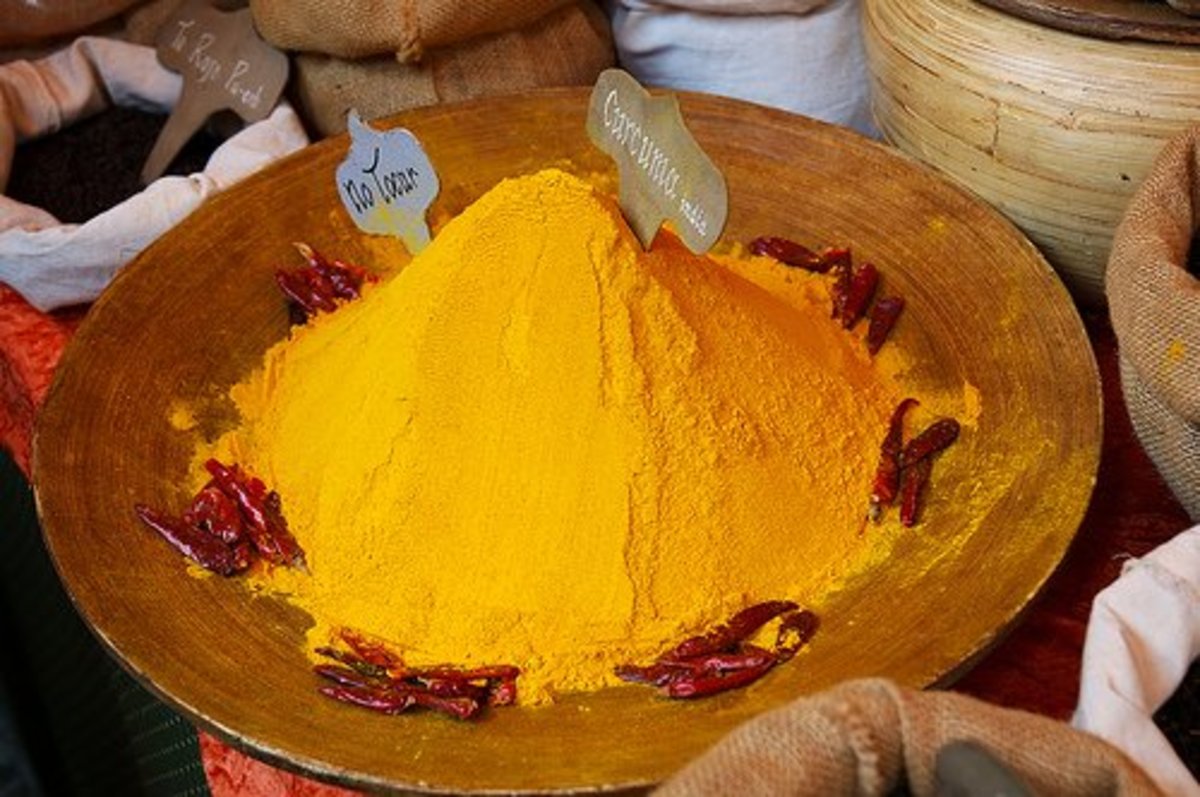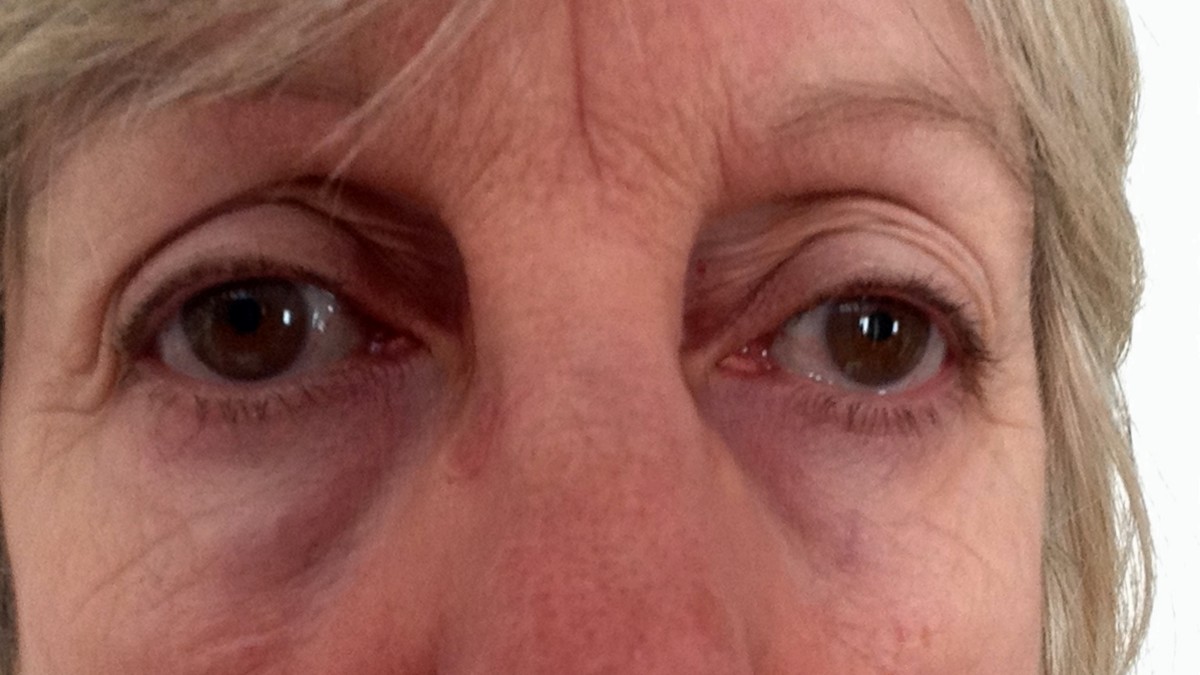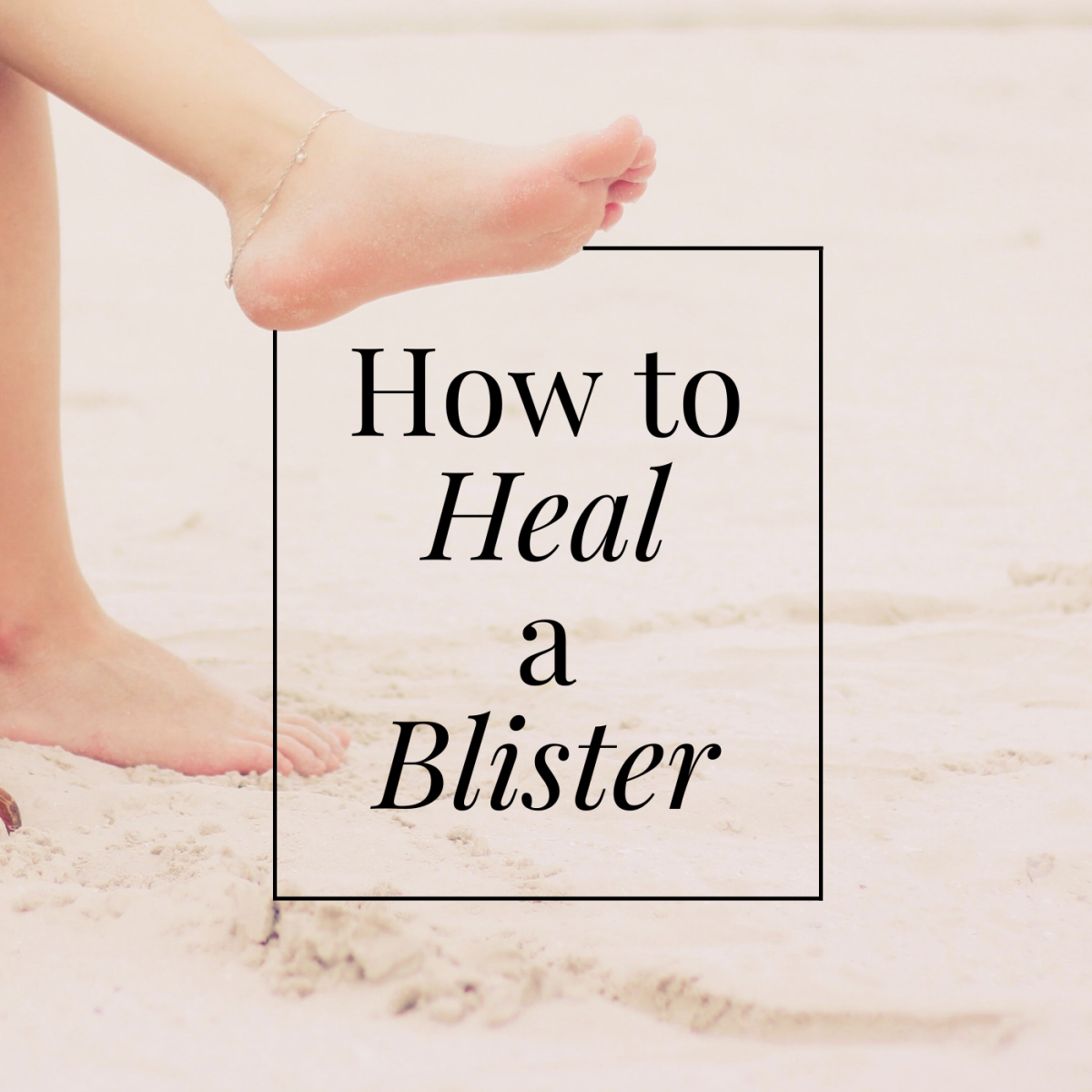Stop Acne, Before It Stops YOU!

Acne, Be Gone!
Let’s face it; every one of us wants a gorgeous and flawless skin. But achieving this seem elusive to some since not all of us are blessed with an every day dose of “beautiful skin day.” Most people would suffer from acne (known to layman as PIMPLES) every once in a while and not all of us know the proper care to avoid scarring and infections.
Acne occurs when the hair follicles of your skin become plugged with oil and dead skin cells. The most common body parts that are affected are the face, chest and upper arms and some people may even have them at their back. It is really irritating since they don’t just make you look “less” clean and beautiful, but they also give you feeling of slight pain (especially when they are big…) due to swelling… or worst, infection due to improper care.
Acne is most common in adolescents, and it really gives discomfort for them since they are more insecure and conscious with their physical appearance at that age. However, it can still occur in early to late adulthood for some. It is linked to genetics, which means that it can run in the family.

Here are a few facts about acne which may in some way help us take better care of our acne prone skin:
Most people know that acne appear as small red bumps on the skin and some times, when you are unlucky; you will find them as large cysts or nodules. Cysts are closed, usually spherical, membranous sac that develops which contains fluid or semisolid material, while nodules are small swelling that protrudes on the skin which is milder since it is smaller then a cyst.
Four Types of Acne:
1. PIMPLES – or pustules yellow, white or sometimes yellowish white bumps that result when the pore’s contents leak into the surrounding skin.
2. BLACKHEADS - they are large clogged pores which appear as black or grayish to grayish- brown. Their color is due to chemical changes in the waxy plug in the pore. However they can be removed by a dermatologist.
3. WHITEHEADS - finer pores (with tiny openings) are clogged and are not easily removed without a dermatologist’s assistance.
4. CYSTS – pus- filled lesions, more irritatingly painful. People with this type of acne are more prone to scarring because it is located more deeply as compared to the other types.
To prevent or cure acne, it is vital to know its possible causes.
1. Heredity- genetics play a big role in the occurrence of acne. If it runs in your family, it is most probable that you are going to have it too.
2. Hormonal Changes- imbalances and over activity of hormones may cause the sebaceous glands to produce more oil (sebum) which may cause out break of acne due to plugged pores.Hormonal changes may be due to stress, exposure to medications like corticosteroids, puberty and other hormonal imbalance provoking situations.
3. Improper diet- too much fat in the diet may also cause acne.
4. Improper hygiene
5. Exposure to dirty environment like air pollution may clog pores.
6. Improper use of cosmetics and other skin products.
Here are simple ways to prevent and cure acne:
1. Maintain proper hygiene- cleanse and bath as soon as you wake up and before going to bed with the right soap for your skin type. Wash your hands as often as possible to prevent accidentally touching your face with your dirty hands. Avoid touching your face too often.
2. Choose the right skin care products and cosmetics for your skin type- use noncomedogenic and water based moisturizers, make- ups, sunscreens or sun block. Water based and noncomedogenic products do not clog pores.
3. Do not pick, prick or squeeze acne as it may cause infection and scarring.
4. If needed, use an over the counter anti- acnemedicationon the affected area as directed. These medications may cause excessive dryness of the skin, so if this occurs use the product every after 2 to 3 days. Or it is better and much safer to ask the opinion of a good dermatologist most especially if you have a sensitive skin.
5. Use a facial mask that can help remove excessive oil.
6. Don’t forget to shampoo your hair daily, most especially before going to bed. Trapped dirt and oil on the hair may touch your facial skin and it may lead to occurrence of acne. If your hair is dry, shampoo only at bed time since you are not exposed to so much dirt during your sleeping hours. It is not advisable for acne prone people to sleep with their dirty hair.
7. If your face is oily, try putting a towel on your pillow when you sleep. The towel will help absorb the excess oil on your face which may help prevent acne.
8. If your have long hair, or a length that touches your face whenever you sleep, try putting on a loose pony tail. Contact of hair on the skin may irritate the pores and cause another break outs.
9. Although wearing bangs is “in”, its completely “out” if you are prone to have pimples.
10. Use an oil absorbing paper which is readily available in the market to remove excess oil from your face easily when you are too busy to wash (e.g. when you are at work or at the mall, etc.).
11. Use topical acne medications with medications which may be prescribed by your dermatologist will help a lot in preventing scarring and future outbreaks.
12. Learn to cope positively with stress as poor stress coping may lead to hormonal imbalances.
13. Get enough sleep, eat a well balanced diet and drink 8 – 10 glasses of water a day- this routine is essential not only for people with acne prone skin. Keeping your cells healthy in and out will help you have a better looking and sexier skin.
14. Exercise regularly- this helps in cleansing and flushing out toxins out of your skin cells. It also enhances your circulation which helps in skin nourishment.
15. Visit your dermatologist for the following services that you may need:
- For severe cases of acne, medications should be prescribed by a dermatologist. The most common medication is a capsule which contains Isotretinoin, but it has many side effects and should not be taken by pregnant women or women who plan to get pregnant in the near future.
- Dermatologists may also prescribe antibiotics which works by inhibiting bacteria and reduce the inflammation. You may also be given anti- acne lotions, gels or creams as they may stop further formation of acne by preventing pores from clogging.
- Dermatologist may also inject medication directly into the acne lesions – this may help prevent scarring.
These are just few of the basic information we need to know about acne. Proper skin care is the key to achieving a better and healthier skin.
Keep in mind too that self medication may often times make the situation worse so it is essential to visit your doctor most especially if you have severe or recurring outbreaks.
Stop acne, before it stops you from being more comfortable and confident. Take care and stay healthy!
Copyright by DjBryle Works; 2010
(ALL RIGHTS RESERVED AND AUTHORIZED BY LAW)



